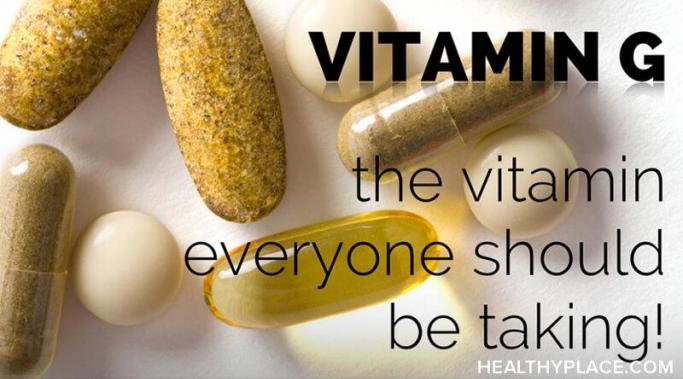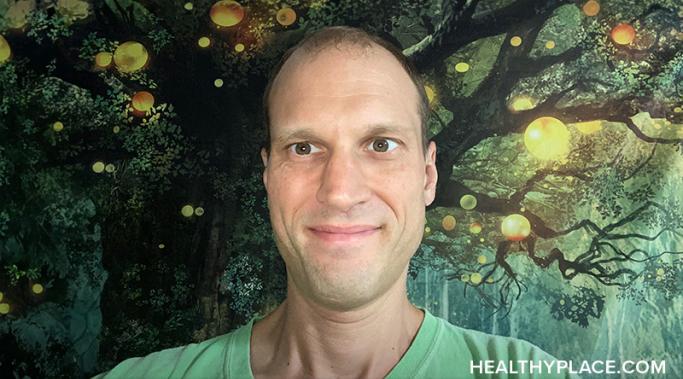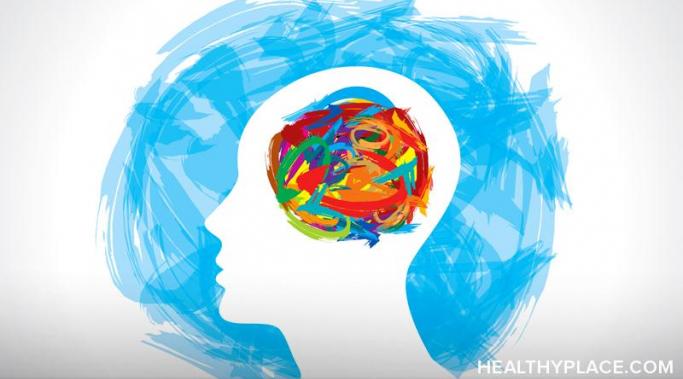Gratitude is important. Mental health issues can significantly impact an individual's self-esteem, often leading to a cycle of negative thoughts and emotions. In such cases, incorporating gratitude practices into daily life can be a powerful tool for fostering self-esteem and promoting mental wellbeing. In my own journey, I have found gratitude to be one of the most powerful states of consciousness to cultivate. When we look at life through the lens of gratitude, even the most challenging circumstances can be reframed in a positive light.
Building Self Esteem
Mental health stigma can affect one's self-esteem. Mental health conditions are a common yet often misunderstood aspect of human life. Despite their prevalence, the stigma attached to these conditions remains a formidable obstacle for those who bear such diagnoses. Negative stereotypes, discrimination, and social isolation experienced by individuals with mental health diagnoses can severely affect their self-esteem. In this post, we will explore the practice of defying the stigma surrounding mental health, emphasizing its role in nurturing self-esteem in those who carry such labels.
A supportive community can benefit our self-esteem. Mental health is an essential aspect of our overall wellbeing, yet we often grapple with it in isolation. The stigma surrounding mental health challenges can make it difficult for individuals to open up about their struggles. However, building a supportive community can be a transformative force in the lives of those dealing with mental health issues. In today's post, I will share my own insights and lived experience on the importance of a supportive community for the self-esteem of those with mental health issues.
We each have successes in our lives, but can we use our successes to increase self-esteem? We all have made goals and achieved them, whether small or large. Yet oftentimes, we overlook these successes when life gets to be overwhelming. Have you forgotten your own successes, or even your inherent worth, when life gets to be too much? In today's post, I would like to remind all of us that self-esteem can be boosted by our successes.
Positive self-talk is important. The choices that we make and the experiences we have shape our ongoing growth process. This includes how we talk to ourselves. Those around us only see a small portion of who we are. However, each one of us knows ourselves best. This is because we live with ourselves every moment of our lives. The internal conversation that we have with ourselves shapes who we are and how we navigate this world. In today's post, I want to share some ideas regarding the importance of positive self-talk.
I work to cultivate my strengths, as living with a mental health diagnosis can present unique challenges to one's self-esteem and overall wellbeing. I know the internal struggles with stigma, self-doubt, and societal expectations can often overshadow my sense of self-worth. However, there is a powerful approach that can help rebuild and enhance self-esteem: focusing on and cultivating one's strengths.
My name is Sean Gunderson, and I am the new author of "Building Self-Esteem." I am optimistic to begin writing for HealthyPlace. I hope that my unique lived experiences, along with my engaging personality, will help make my blog a place that you turn to for ideas and support in your life’s journey. In my own life’s journey, I have come to realize the importance of self-esteem and have learned how to cultivate it effectively.
Perfectionism is a double-edged sword. While it can help you achieve greater things in your personal and professional life, it can also lead to a never-ending cycle of self-criticism and low self-esteem. Perfectionists tie their self-esteem to their achievements, and if things don't go to plan, they start feeling like they are failures which can destroy their confidence and even self-confidence.
Most of us have "open to criticism" on our resumes. But truth be told, receiving criticism, especially if it is negative, is not one of our best moments. Criticism can hurt our self-esteem if we're not careful.
Most of us are familiar with imposter syndrome. We tend to feel like we are not good enough, even in areas where we typically excel, and end up sabotaging many aspects of our life, including relationships and professional development.









